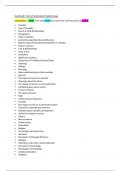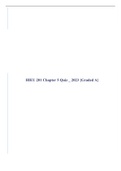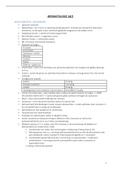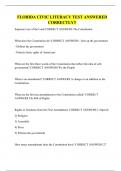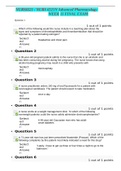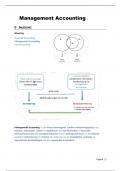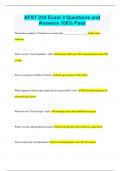Other
The Handmaid’s Tale & Frankenstein Essay Plans
- Course
- Institution
- Book
A comprehensive list of essay plans for The Handmaid’s Tale by Margaret Atwood and Frankenstein by Mary Shelley 52 different themes covered, each including an introduction and 3 bullet points, the latter including quotes from both texts and two points of context 43 pages, 27,000+ words Perfect...
[Show more]
